Keynote Speeches
The COVID-19 crisis has had two enormous and related consequences it brought much of human activity to a halt and it’s given nature a respite. Both provide an opportunity to reset society’s priorities and head in a different direction.
Confrontation with the reality of a new epidemic should have subdued political and economic imperatives to scientific reality and the US and Brazil have shown what happens when science is ignored or brushed aside. In a time of accusations of fake media, deep conspiracies, and relentless trolls, scientists should have regained authoritative prominence, and people have had to confront important questions about purpose, values, opportunities, and constraints in the way we choose to live.
During the pandemic, the murder of George Floyd in the US and Indigenous people and the outbreak of racist attacks against Asians in Canada have revealed deep-seated racism and inequities that must be dealt with in a post-Covid world.
In this exploratory presentation, Dr. David Suzuki touches on some of the stark questions and answers we’ve encountered, from our impact on the environment and our ability to change it, to our dependence on the human creation called the economy and the unfair treatment of our elders, indigenous people, homeless people, etc.
Suzuki puts out a call to action for all of us to rethink our priorities and learn the ultimate lesson in front of us that nature can be far more forgiving than we deserve. Let us continue to allow her to recover and learn how to put our efforts into living green and building a society that not only restores Earth’s sustainable productivity, yet encourages collaboration and humanity.
Optional: Post Keynote book-signing on request
David Suzuki argues that the real bottom line, and society’s challenge today, is not debts and deficits, but the need to live full and meaningful lives without destroying the Earth’s biosphere, which supports all life. Suzuki explores the physical, social, and spiritual needs that form the basis of any society that aspires to a sustainable future and a high quality life for its citizens. Those fundamental requirements are rooted in the Earth and its life support systems. They are worthy of reverence and respect; they are sacred.
Developments in science and technology have resulted in a seismic shift in the way the majority of people live, and we have now undeniably altered the biological, physical and chemical properties of the planet. Traditional people refer to the Earth as their ‘Mother’ and tell us we are made of the four sacred elements: earth, air, fire and water. Today science is now verifying this ancient wisdom – that we are all biological beings with an absolute dependence on clean air, water, soil and sunlight for our well being. Diversity at the genetic, species, ecosystem and cultural level is critical for long-term resilience and adaptability. How do we ensure this? We need a different set of priorities to become our bottom line for evaluating life in the twenty-first century.

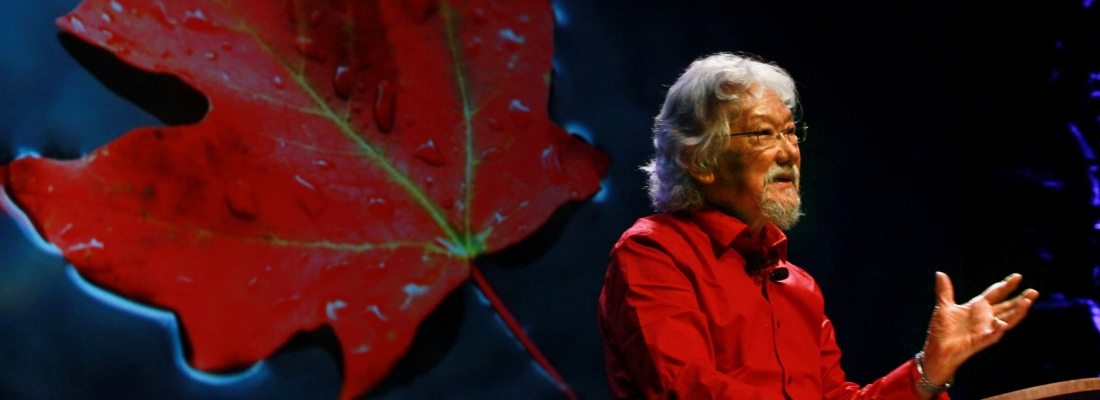
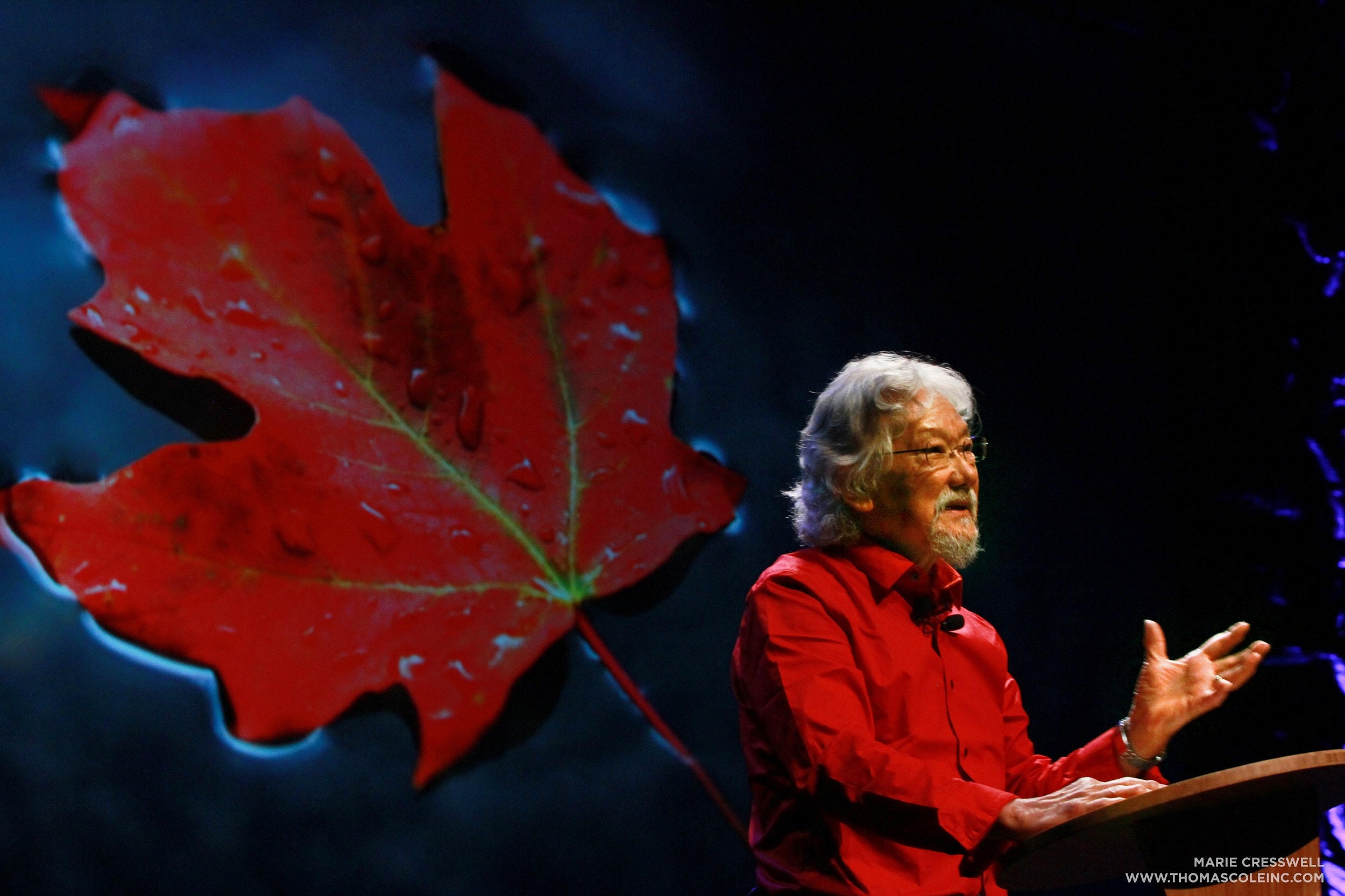
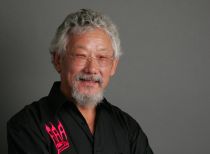
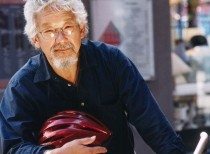
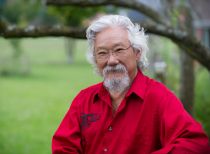







Similar Speakers 123